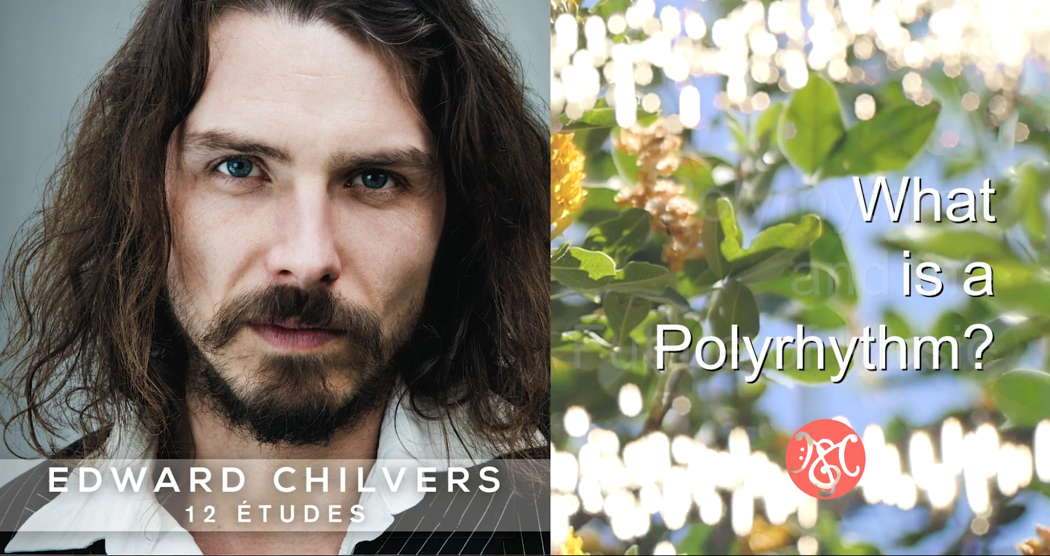 SPONSORED: DVD Spotlight. Olympic Scale - Charles Gounod's Roméo et Juliette, reviewed by Robert Anderson.
SPONSORED: DVD Spotlight. Olympic Scale - Charles Gounod's Roméo et Juliette, reviewed by Robert Anderson.
All sponsored features >>
 DISCUSSION: Composers Daniel Schorno and John Dante Prevedini discuss creativity, innovation and re-invention with Maria Nockin, Mary Mogil, Giuseppe Pennisi and Roderic Dunnett.
DISCUSSION: Composers Daniel Schorno and John Dante Prevedini discuss creativity, innovation and re-invention with Maria Nockin, Mary Mogil, Giuseppe Pennisi and Roderic Dunnett.
 DISCUSSION: What is a work? John Dante Prevedini leads a discussion about The performing artist as co-creator, including contributions from Halida Dinova, Yekaterina Lebedeva, Béla Hartmann, David Arditti and Stephen Francis Vasta.
DISCUSSION: What is a work? John Dante Prevedini leads a discussion about The performing artist as co-creator, including contributions from Halida Dinova, Yekaterina Lebedeva, Béla Hartmann, David Arditti and Stephen Francis Vasta.
Edward Chilvers
Idiosyncratic pianist Edward Chilvers has devised a dice and mathematical chart system 'to follow nature not convention'
'Conventional Western music is like a statue, my music is like a tree'. A bold statement perhaps, but one that British composer Edward Chilvers perhaps justifies on his forthcoming EP, entitled Excerpts From 31 Pieces and released on 20 November 2020 on Mozart Records. The EP presages the full album 31 Pieces which is due next year. 'This will be the future of music', Chilvers states simply.
A 'mechanic with a soul', Chilvers has created a method of building up his music from its constituent elements: when he works in this way he uses the tools of multispeeds and harmonics and has created a set of mathematical charts that lead him into uncharted territory each time he sits down to play. When he takes this approach he often also uses multi-sided die to incorporate an element of randomness – the whole process is built on defined combinations of ratios that has led him to nothing less than a form of 'New Music'. As he says, 'I don't think of it as a system at all but as some exciting and magical tools, like a light sabre or some X-Ray glasses.'
As he explains, a tree can be recognisably an oak, but each one is different due to the impact of myriad variables like wind, or soil type. The foundation of his work is in experimenting with speed radios and mode - the DNA of his work is coded with the infinite variety that reflects that existing within nature. His pieces will be buffetted by factors like emotion, feelings, energy; as no two trees are identical, so this work will never be performed the same way twice. When he rolls his dice, the unpredictability generated rages within the strictures of the format that he has created. A statue, by contrast, is immutable and a competent pianist will always play a traditionally formed piece in the same predictable and perfect way.
Edward Chilvers was a driven and passionate player who practiced constantly in pursuit of that perfection. He hated school and left as soon as he could, and then spent twelve years of chasing perfection before what he describes as his dawning 'recalibration'. As he says, 'This a leap forward from mono-tempo music, which faces the same fate as black and white film, though it will remain a beautiful part of the musical universe'. It is an analogy that bears inspection: speed and pattern are what defines both music and light - and the 'red' in a colour film only appears so because of wave speed. Multi-tempo music is so packed with possibility that the only reason that it is not already omnipresent is down to the simple fact, as Edward Chilvers' methods prove, that it is so difficult!
These explorations in harmony categorize scales and modes into ninety-six modal groups and are an example of Chilvers' innate ability to see patterns where others do not. 31 Pieces is the result of his performances at one specific period of time; every time he sits down to play he creates something new. The tracks on the album fade in and fade out to reflect the constant state of transition, on the album and indeed in life. Each recorded piece is in truth a snapshot of a piece of music that is constructed in a way that forms a loop and so in reality is infinitely long and coloured by both character and characteristic, like seasons on a distant planet.
Whilst the approach taken by Edward Chilvers on this album may seem, at first look, more akin to the recent feature written for The Guardian by AI than a free-flowing jam session at his beloved Glastonbury - he always attends and performs on pop-up stages - in fact the opposite is true. By scoring a victory over conventional structure, he is now blazing his own trail. Chilvers started by playing up to four different tempos simultaneously, disguising the pulse in his music by using phase patterns deliberately contrasting to the tempos, moving away from conventional rhythmical form. He then began to compose beautiful etudes as an exploration in poly-tempo, taking a rich understanding and reverence for western classical harmony and reshaping it.
As he says himself, 'I wanted to create a multi-dimensional music to reflect the unspeakable experience of the stilled mind. I'm trying to make laws: polyrhythmic laws, phasing laws, modal laws, structural laws. If I can make good laws then something interesting or beautiful should come out'.
31 Pieces, then, represents not only a beautiful album that hangs together as a whole, but also the rolling back of boundaries. Edward Chilvers draws inspiration from a myriad of influences, from Bach, Wagner and Beethoven through to Boards Of Canada, Squarepusher, Bill Evans, Radiohead, and Meshuggah. However, it was the Bwiti music of Gabon in West Africa, with its incessant, intense use of poly-tempo via harp, voice and drums, that inspired him to seek to stretch the capacity of what is humanly possible to play on the piano.

Edward Chilvers: 12 Etudes
The Excerpts From 31 Pieces EP affords a first look at a truly remarkable talent. Edward Chilvers puts discovery and fun at the heart of everything he does – but this is a serious business. Picasso said, 'Learn the rules like a pro, so you can break them like an artist'. That perhaps sums up this unique musician. His ground-breaking labours are captured in a full-length film which follows the creation of the album and which will also be made available next year.
His approach on 31 Pieces - and the EP - is not a rejection of traditional form or structure, but rather of beginnings and endings, constraints and repetition; it's an ongoing reflection of nature. Edward Chilvers frees music in order to allow it to blossom and follow the laws of Nature, rather than being trammelled by convention.
Further information: edwardchilvers.com
Posted 14 November 2020 by Chris Hewlett

FURTHER ARTICLES ABOUT CONTEMPORARY MUSIC
FURTHER ARTICLES ABOUT THE UK MUSIC SCENE


